Looking For Alibrandi by Sydney author Melina Marchetta turns 25 this year. The story of the feisty Josie Alibrandi has entertained and inspired young and not-so-young Australians since the novel's publication in 1992 (and the release of the film in 2000). In honour of the book's 25th anniversary, we asked eight writers to share their thoughts on what makes it so special.
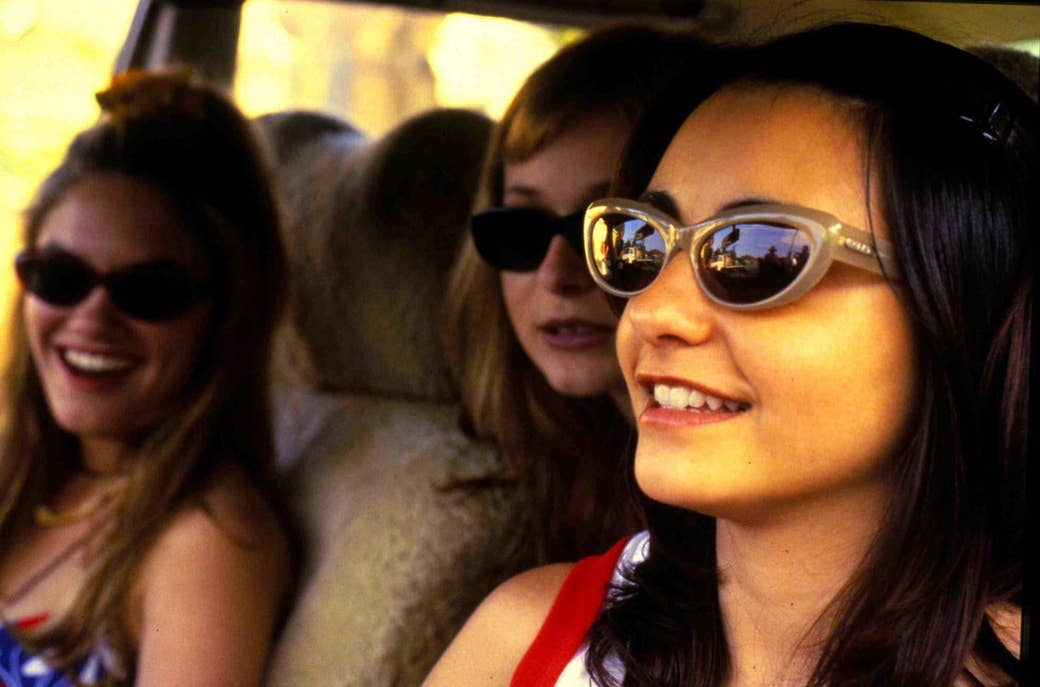
1. The feeling of being caught between cultures.
I first read Looking for Alibrandi when I was 14 and growing up in the suburbs of Sydney. I was a scholarship student from an ethnic background at a prestigious, largely white all-girls private school, so to say that the book was relatable is really an understatement. I’d never read anything that so accurately reflected the feeling of being stuck between cultures. I felt so profoundly understood by it, even though Josie is Italian and I’m Vietnamese.
I’m 28 now and have reread the book many times — I love that it only takes me a few hours — and it continues to strike me in the same way. The dialogue, writing and emotions still feel so real and raw, and I remember so well how much it helped me come to terms with my identity as a second-generation Australian in high school. I’m so grateful it came to me at the time that it did.
Last year, I recommended the book to someone I was working with, who was a few years younger than me and also from a migrant background. She came up to me a few days later gushing that it was the best thing she’d ever read. I love that it still has that impact 25 years after publication, and I really think it will continue to resonate with new readers for many more years to come.
—Giselle Au-Nhien Nguyen, Daily Life columnist and BuzzFeed contributor
2. The strong female lead.
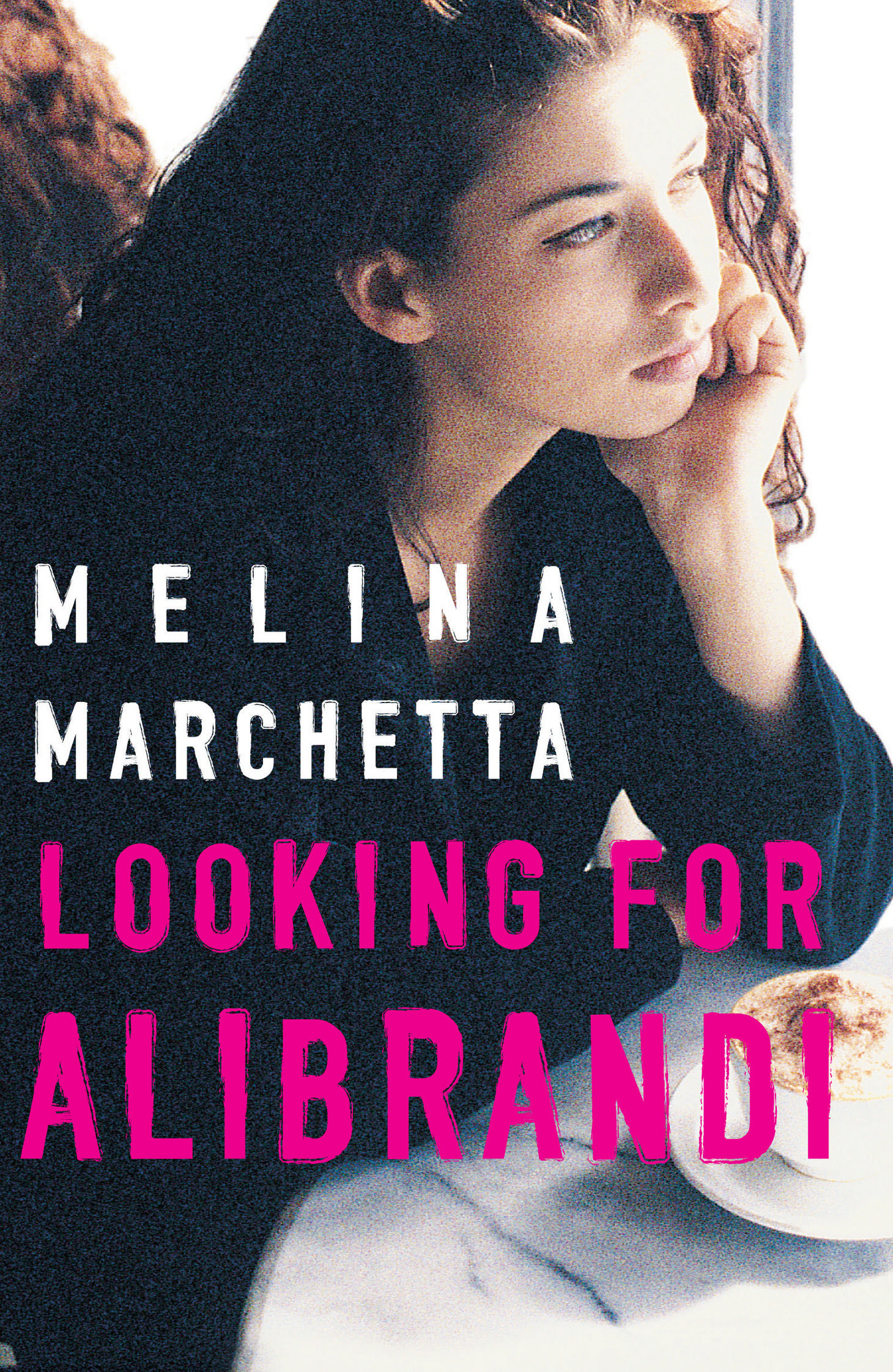
To me, a strong female protagonist doesn’t have to be able to kill a vampire or fly a spaceship (totally fine if she does, it’s just not a requirement). Physical strength is not the issue here. I want my rad ladies in books to have strength of character. I want them to have flaws and doubts. To be stubborn and funny and big-hearted. I want them to make mistakes and then learn from them. So of course Josie Alibrandi is my literary soul sister. Her story is simultaneously unique and universal. She doesn’t fit in at school. Her family’s secrets undermine her sense of identity. She experiences great love and great loss, both for the first time. These are the stories of adolescence, familiar from other books and from our own lives. But when Josie experiences these things, it feels real and honest and true.
When Josie loves, she loves big. She understands what a hug means. If you use a racist slur, she will hit you in the face with a science textbook. She knows how to squash a tomato and drink a cappuccino and she wants to keep on learning truths till the day she dies.
She’s a superhero without a cape. She's a strong woman who is the daughter and granddaughter of strong women. She is, and will always be, one of my dearest fictional BFFs.
—Lili Wilkinson, author of Pink, Green Valentine, The Boundless Sublime and more
3. The nuanced exploration of mental health.
Looking for Alibrandi is a magical book. I read it when I was a teenager and fell in love with Josie, her family, her friends and her heartthrobs. It taught me that pain isn’t always obvious.
John Barton became every person I had never worried about. I noticed people more after I read Looking for Alibrandi. It taught me that grief takes different shapes – from Jacob grieving his mother, to Josie and Ivy grieving John, to Christina grieving for lost time, and even to Josie's formidable Nonna, grieving for the love of her life. It taught me that each of those shapes are okay, and that grieving and being sad are not the same thing as depression, and that depression is not the same thing as being suicidal.
I think the nuance of these things is so vital for teenagers to reflect on, because it's often a time of really huge feelings and huge issues and huge reactions and lots of intense highs and lows. Josie is so real – her anger, her grief, her love, her terror. And Josie is at the heart of what makes this book so special and powerful. Marchetta explores these issues with great subtly and great insight and I count myself lucky to have read this book at such a critical time in my life.
—Eliza Henry-Jones, author of In the Quiet and Ache
4. The realistic portrayal of first love.
There are so many things I could talk about when it comes to what Looking For Alibrandi means to me. The short answer is: everything. I read it and reread it dozens of time as a teenager (and more since then). I re-watched the movie constantly.
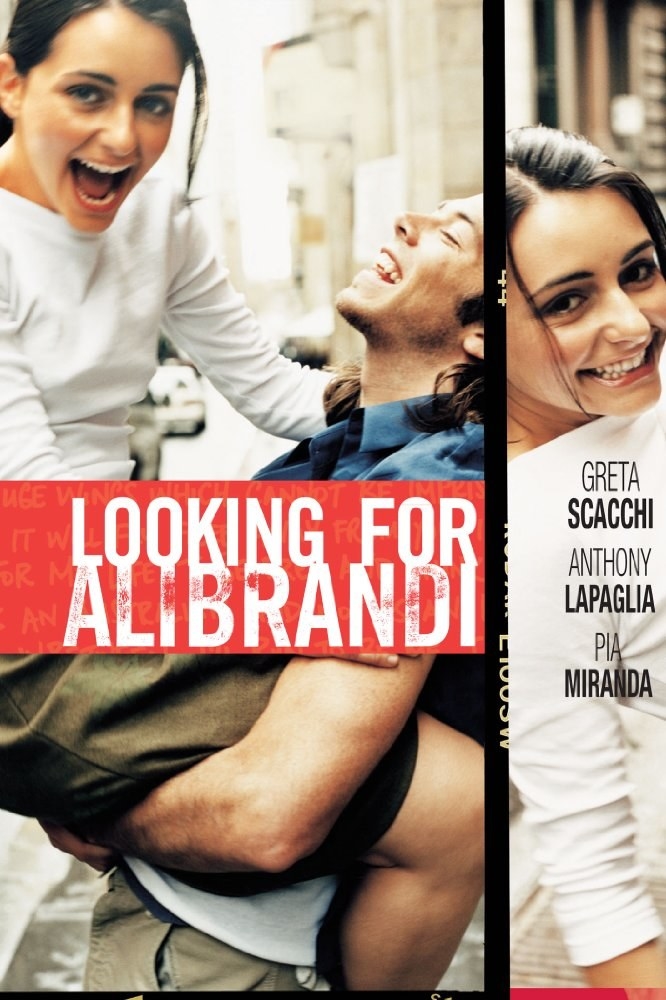
I could talk about how much I connected with Josie as a character; her ambition, her flaws, her yearning to know more about herself and the world, her relationships with her family, her stress at school. I could talk about how she made me feel seen and understood at a time when I felt invisible and alone. I could talk about the fact that this book helped me get through my HSC, a best friend offering support and encouragement whenever I turned to its pages.
But what I really want to talk about right now is Jacob Coote. Because while Josie was always the main drawcard, oh, how I loved Jacob Coote. He wasn’t some perfect fantasy guy; he was tough and he was brash, but he was also sweet and caring. I was obsessed with the way he and Josie expanded each other’s worlds and made one another want to be better, to see things from a different point of view.
They didn’t always get along, but their relationship felt so real. Including the way it ended. As a teen, of course, I always preferred the movie ending, in which they reconcile. But as I got older, I came to value the fact that as much as I loved Jacob, Josie’s story – her happy ending – wasn’t defined by him. By any guy. There’s something so powerful in that.
Of course, I still totally believe they found their way back to each other in the end.
—Jenna Guillaume, editor-at-large for BuzzFeed Australia
5. The beautifully accurate family relationships.
I read Looking for Alibrandi when I was in Year 6, about to go into high school. I was moving from a public, co-ed primary school into a private all-girl school where I had a partial scholarship. Nobody from my suburb, let alone my old school would be coming across with me — I was all alone, and terrified.
Then I met Josie Alibrandi. She was in exactly the same boat as me... right down to her being third generation immigrant. In fact, my grandmother — my Omi — is Austrian, and even having a grandparent in this book with a thick accent that none of Josie's friends could understand, even that struck me as funny and familiar. My Omi was someone who'd try to feed my friends salami sandwiches when they came over after school because they were all too skinny. For all these reasons and more, I was convinced that I was Josie Alibrandi. And I was so proud that a family I recognised — that I felt could be my own — was in this book, and that the fiery protagonist was going through the same struggles I was.
I've come to appreciate though — and having read all of her books in the years since — that what I really loved about Looking for Alibrandi wasn't so much thinking that I was Josie, but that I had Melina Marchetta writing about me, and a world I knew. The caught-in-between feeling, and of being not good enough — but striving to have better than your parents did, and to make them proud.
Melina's books and her character really are like family to me — because when I first read them, that's what I recognised and what comforted me. That sense of the familiar, and of knowing you're not alone.
—Danielle Binks, writer, agent, and editor of Begin, End, Begin: A #LoveOzYA Anthology
6. The different depictions of womanhood.
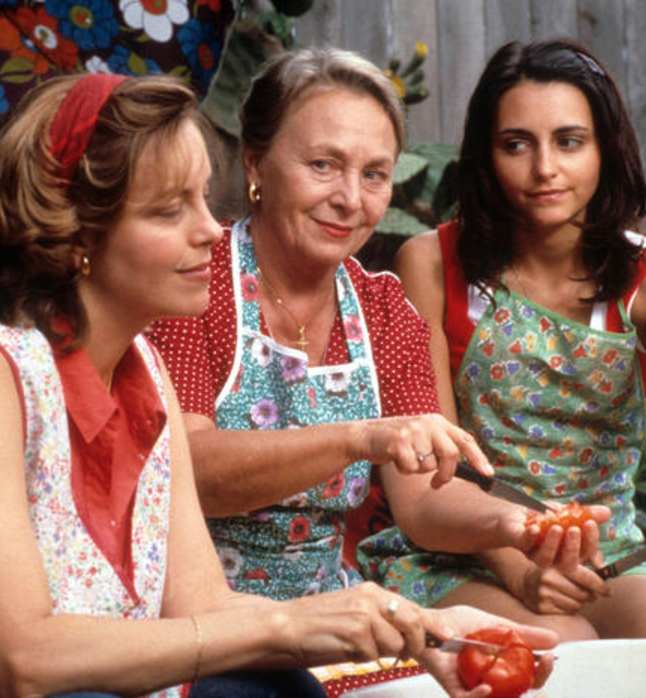
When I read this book as a teenager, I was obviously drawn to Josie. I was smart and went to a good school on a scholarship, where everyone seemed to have so much more than me, and their worlds and lives seemed so much lighter and easier. But returning to it again in my late 20s, it’s Josie's mum that I find myself thinking about.
Josie is still at the precipice of a dream, where she’s trying to decide what’s real and what’s not, what she will pick and choose to become her life. She’s so smart, but she’s still naive. Christina is the opposite in so many ways. Having Josie so young, she didn’t have the choice to swim in that dream; her life has always been penned in by the most immediate realities. In some ways it makes her reflections and sentiments so much more moving. When she says, “Simple dreams are the hardest to come true", it slays me.
I think it’s something that anyone begins to realise as they grow older. You obsess over who you are, where you belong, what you’ll do with your life. But when you get any kind of perspective to look back, you realise the things that will always tease and elude you are the promises of happiness, safety, and love that you so easily took for granted as a kid.
—Wendy Syfret, editor of i-D Australia
7. The raw emotional experience.
I actually discovered Looking for Alibrandi through the movie. I remember watching it for the first time and my mouth hit the floor. Nothing had ever spoken to my personal experience.
Then, I needed to read the book. I remember flipping the pages maniacally and then clutching it to my chest and nearly crying. It was like someone was narrating my troubles at a catholic school, my family issues and the mess of figuring out sex.
As a side note, I am pretty sure I had my sexual awakening to Josie Alibrandi. But that's a bit weird and for another time.
—Mark Di Stefano, political editor for BuzzFeed Australia
8. The ultimate coming of age story.
I studied Looking for Alibrandi the same year the movie came out. I was in Year 11, the moment in your life when you’re so desperately sure of yourself at the exact same time as having no idea about anything. When you’re standing on the verge of everything you want so badly, but have no idea how any of it actually works. Feeling confused and excited and like everyone and everything sucks and that no one really gets it... but then there was Josephine Alibrandi. She got it.
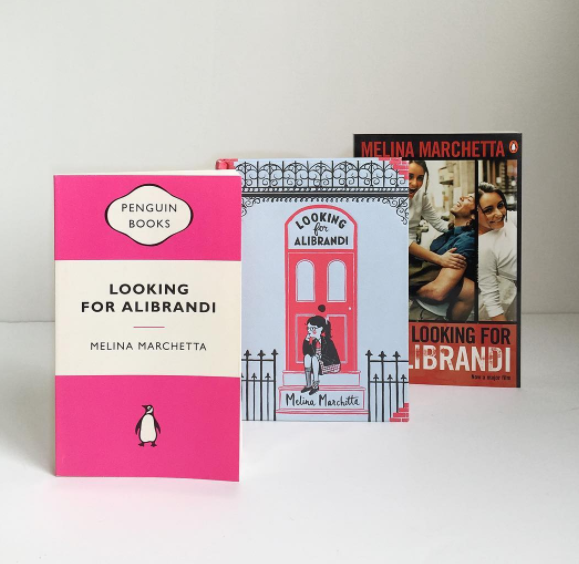
I felt the same way about Josie that Jacob did: she was my type of chick — fierce, bold, smart and opinionated. She stuck up for herself, slamming books into people's faces, but still trying her best. She was so much like me, but at the same time nothing like me. She was navigating all the same things I was — desperately wanting to meet someone who I would happily crush my glory box fabric for, understanding how shitty school really was, and reeling from the immense pressure of everything. In particular, the weirdness that comes from recognising for the first time that our parents and grandparents are actually human with a propensity to make mistakes.
This moment in our lives is so enormous, and finally there was some kind of real, tangible example of someone dealing with it all and making it out the other side. This is everything when you’re sixteen. If Josie could do it, then, so could I.
—Claire Christian, playwright and author of the upcoming Beautiful Mess
You can catch Melina Marchetta and some of the writers featured here talking about Looking for Alibrandi (and more) at the Emerging Writers' Festival, June 14-23.
